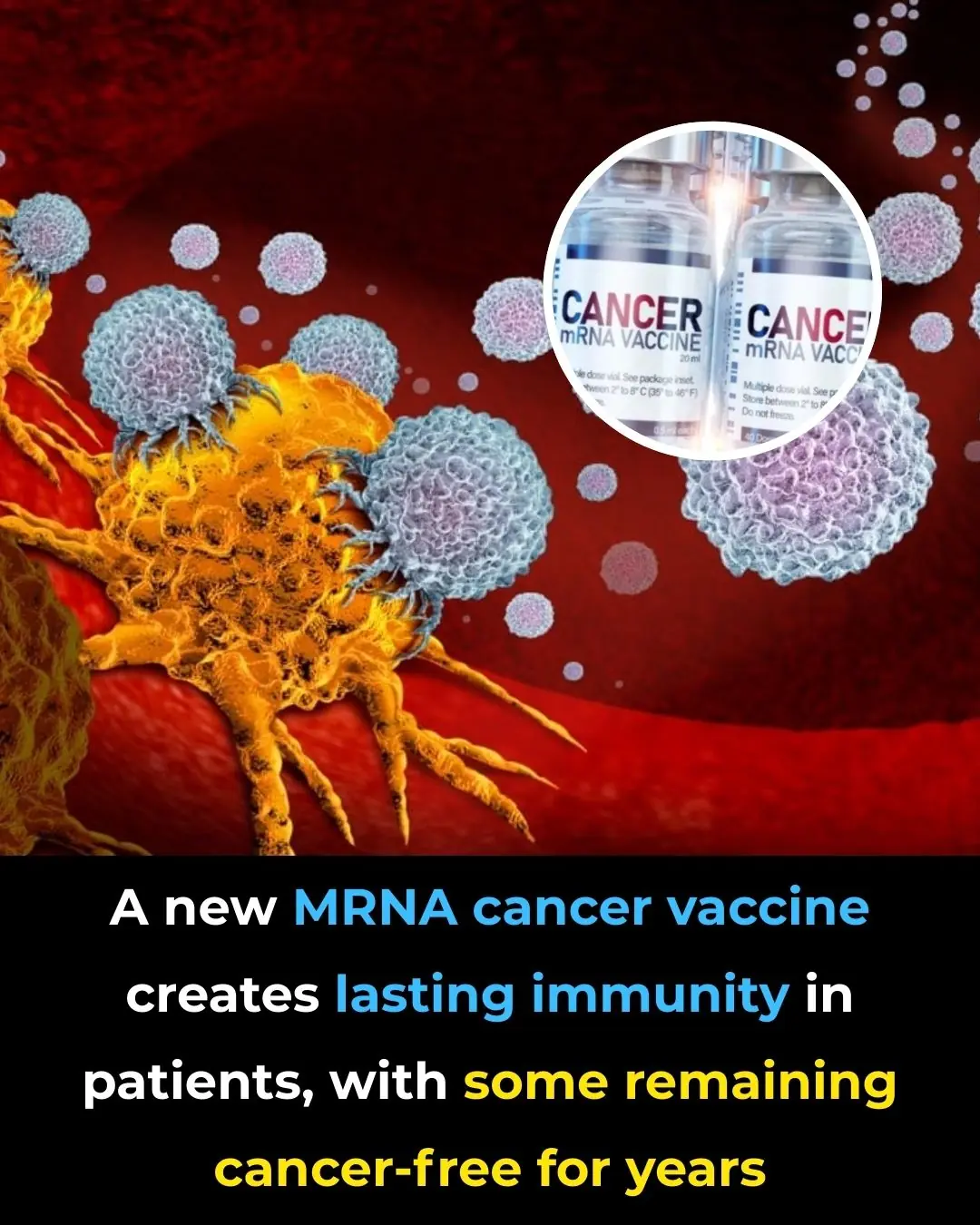
MAHA Chief Medical Advisor Dr. Aseem Malhotra Just Declared That No One Should Have Ever Taken the COVID mRNA Vaccines.

A Flashpoint in Birmingham: Vaccines, Politics, and Public Trust
Under the bright lights of Birmingham’s Reform U.K. conference, one voice set off a storm that is still reverberating. Dr. Aseem Malhotra, a British cardiologist and adviser to Robert F. Kennedy Jr.’s health initiative, took the stage and declared: “It is highly likely that not a single person should have been injected with this.” His claim—linking COVID-19 mRNA vaccines not only to harm but even to the cancers faced by King Charles III and the Princess of Wales—was more than provocative. It immediately drew fierce criticism from the medical community, health authorities, and political leaders.
What followed was not just a clash of opinions but a collision between deeply held personal conviction and established scientific consensus, between the right to question authority and the responsibility to safeguard public confidence in medicine. The controversy now sits at a crossroads of health, politics, and culture, raising urgent questions about how society should handle dissent when the stakes are measured in lives.
The Conference Remarks and Immediate Fallout
At a session pointedly titled Make Britain Healthy Again, Dr. Malhotra told attendees that mRNA shots were “interfering with genes,” describing vaccine harms as supported by “hundreds of studies.” He pressed the crowd with a challenge: “Have you heard anything anti-vax or conspiracy theory so far here?” His speech was a mix of scientific claims, rhetorical provocation, and institutional critique—punctuated by sharp attacks on the World Health Organization.
Reform UK moved quickly to distance itself. A party spokesperson stressed that Malhotra was merely “a guest speaker with his own opinions,” adding that Reform U.K. “does not endorse what he said but does believe in free speech.”
The government, however, responded with alarm. Health secretary Wes Streeting condemned the event as a dangerous platform for misinformation. He warned: “With falling numbers of parents getting their children vaccinated, and a resurgence of diseases we had previously eradicated, it’s shockingly irresponsible for Nigel Farage to give a platform to these poisonous lies. Farage should apologise and sever all ties with this dangerous extremism.”
Malhotra’s framing ensured that his remarks would not be confined to a scientific debate. They became a political flashpoint, pulling questions of free expression, party identity, and public health into the same volatile space.
Scientific Consensus on Vaccines and Cancer
Despite the controversy, leading health authorities remain clear: there is no evidence linking COVID-19 vaccines to cancer.
The U.S. National Cancer Institute emphasizes that vaccination reduces the risk of severe COVID-19 even for cancer patients, who are among the most vulnerable. The CDC continues to monitor real-world vaccine performance, acknowledging rare but well-documented side effects, while reaffirming that benefits outweigh risks by preventing serious illness and death.
In the U.K., the NHS notes that COVID-19 vaccines “have met strict standards of safety, quality, and effectiveness,” with serious side effects deemed very rare. Cancer Research UK was equally blunt in response to Malhotra’s speech: “There is no good evidence of a link between the COVID-19 vaccine and cancer risk. The vaccine is a safe and effective way to protect against the infection and prevent serious symptoms.”
These statements highlight a broad scientific consensus: while research into vaccines is ongoing, current evidence does not support the extraordinary claims made in Birmingham.
Political Dimensions and RFK Jr.’s Vaccine Policy Shift
The story also extends well beyond Britain. On August 5, 2025, the U.S. Department of Health and Human Services announced it would scale back BARDA’s mRNA vaccine projects, canceling or narrowing 22 initiatives worth nearly half a billion dollars.
HHS Secretary Robert F. Kennedy Jr. explained: “BARDA is terminating 22 mRNA vaccine development investments because the data show these vaccines fail to protect effectively against upper respiratory infections like COVID and flu. We’re shifting that funding toward safer, broader vaccine platforms that remain effective even as viruses mutate.”
That announcement stunned many scientists. Public health experts at Johns Hopkins and elsewhere argued that Kennedy’s rationale rested on misleading claims, pointing out that mRNA vaccines had played a decisive role in reducing hospitalizations and deaths and were now being tested for promising cancer therapies. Critics warned that undermining mRNA infrastructure could jeopardize preparedness for future pandemics and slow innovation in oncology.
Congress quickly entered the fray. By early September, appropriators in the House included language in the 2026 spending bill to preserve funding for BARDA’s mRNA research, signaling bipartisan concern that Kennedy’s policy shift could derail a transformative medical technology.
Seen in this light, Dr. Malhotra’s advisory link to Kennedy places his Birmingham remarks inside a broader battle over science funding, health policy, and the credibility of vaccines themselves.
The Risk of Misinformation for Public Health
Medical misinformation rarely stays within the four walls of a conference room. When a claim suggests vaccines caused illness in prominent figures, it spreads fast—fueling doubt, shaping perception, and sometimes discouraging people from getting routine immunizations.
Public health agencies stress that this erosion of confidence has measurable consequences. In the U.S., the CDC has already logged 1,454 confirmed measles cases across multiple states in 2025, with several outbreaks under investigation. The agency directly links these surges to pockets of low vaccination.
The U.K. faces a similar challenge. UKHSA reported 2,911 lab-confirmed measles cases in England in 2024—the highest since 2012—and a child death in 2025, attributed to declining uptake of the MMR vaccine. Experts warn that even small drops in coverage can spark epidemics of highly contagious diseases.
The World Health Organization has long labeled vaccine hesitancy as a “global health threat,” noting that skepticism—even when based on misinformation—has the power to reverse decades of progress against preventable diseases.
Everyday Habits for Navigating “High-Heat” Health Headlines
For the public, moments like these are reminders to pause before drawing conclusions. Some habits can help separate fact from fear:
-
Slow down before sharing. Early headlines often change as more evidence emerges.
-
Cross-check multiple sources. If three independent outlets align, the core facts are likely sound.
-
Separate science from politics. A claim may reflect biology, risk management, or ideology—judge each on its own terms.
-
Look for disconfirmation. If nothing could disprove a claim, it’s not science—it’s belief.
-
Understand scale. Numbers without denominators can be misleading.
-
Track updates. Responsible outlets revise coverage as evidence evolves.
-
Watch for absolute language. Words like “always” or “never” are red flags.
-
Keep personal decisions personal. Broad data informs policy; your own care should rest with your doctor.
-
Cite and date sources when discussing online. This helps reduce distortion as information circulates.
-
Accept uncertainty. Acknowledging what we don’t yet know is part of honest science.

Keeping Perspective
Dr. Aseem Malhotra’s sweeping claim transformed a routine conference session into a cultural flashpoint, a reminder of how quickly medical rhetoric can ripple far beyond its stage. The immediate and forceful responses from health officials and political leaders highlight a key lesson: when science and public trust intersect, evidence—not volume—must guide the conversation.
For readers, the challenge is clarity. That means distinguishing claims from demonstrated facts, following transparent updates from trusted institutions, and recognizing that evolving research reflects the self-correcting nature of science. For media, it means treating sensational medical claims with proportion, verifying before amplifying, and resisting the temptation to trade accuracy for controversy.
At its best, such moments can sharpen our collective health literacy. They can encourage better questions, steadier judgment, and a balance of curiosity with care. Ultimately, public conversation is healthiest when it prizes both accuracy and compassion—because in matters of medicine, words carry consequences as real as the diseases they describe.
News in the same category

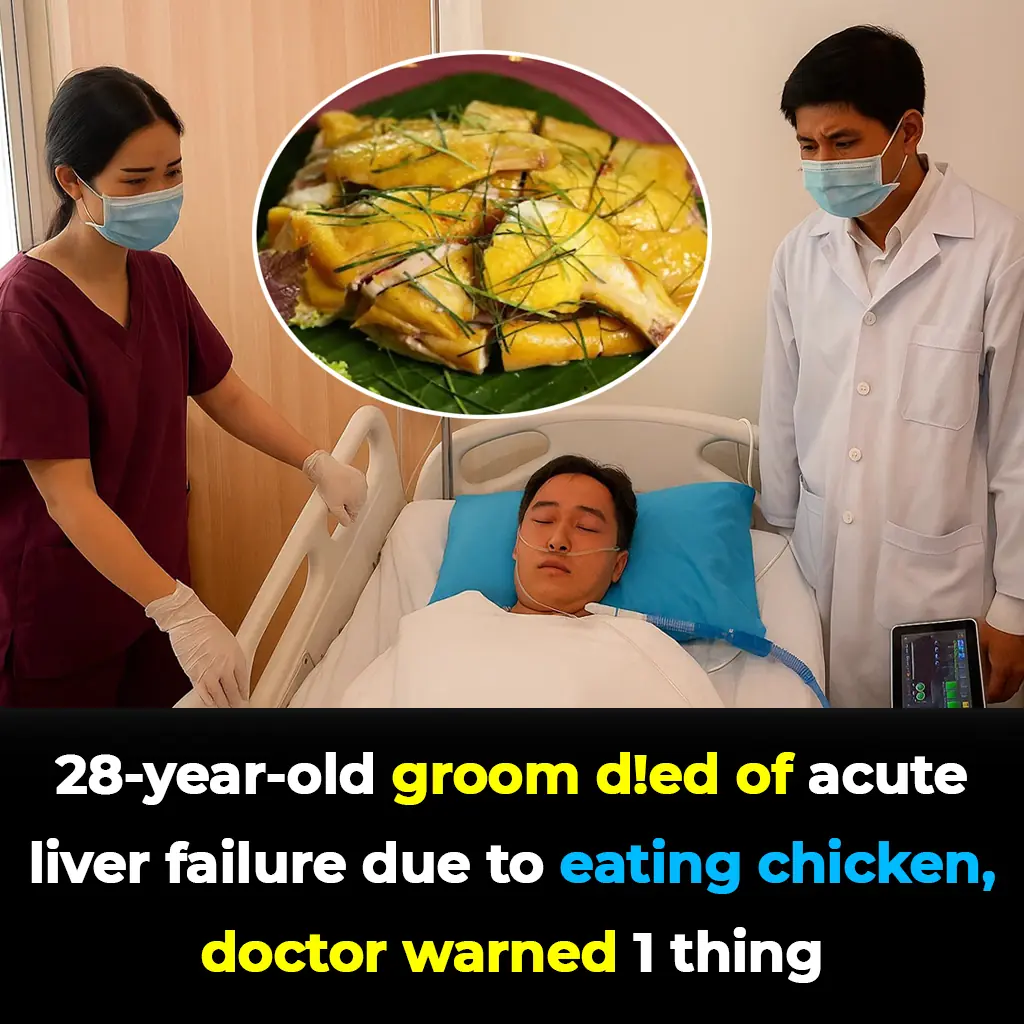
Groom-To-Be, 28, Dies of Acute Liver Failure After Eating Chicken: Doctors Urge the Public to Beware of This Hidden Danger
The tragic story of a young man in China who was preparing for his wedding but suddenly died from acute liver failure after food poisoning has shocked the nation. Experts warn that improper food handling and consumption of spoiled or contaminated food can
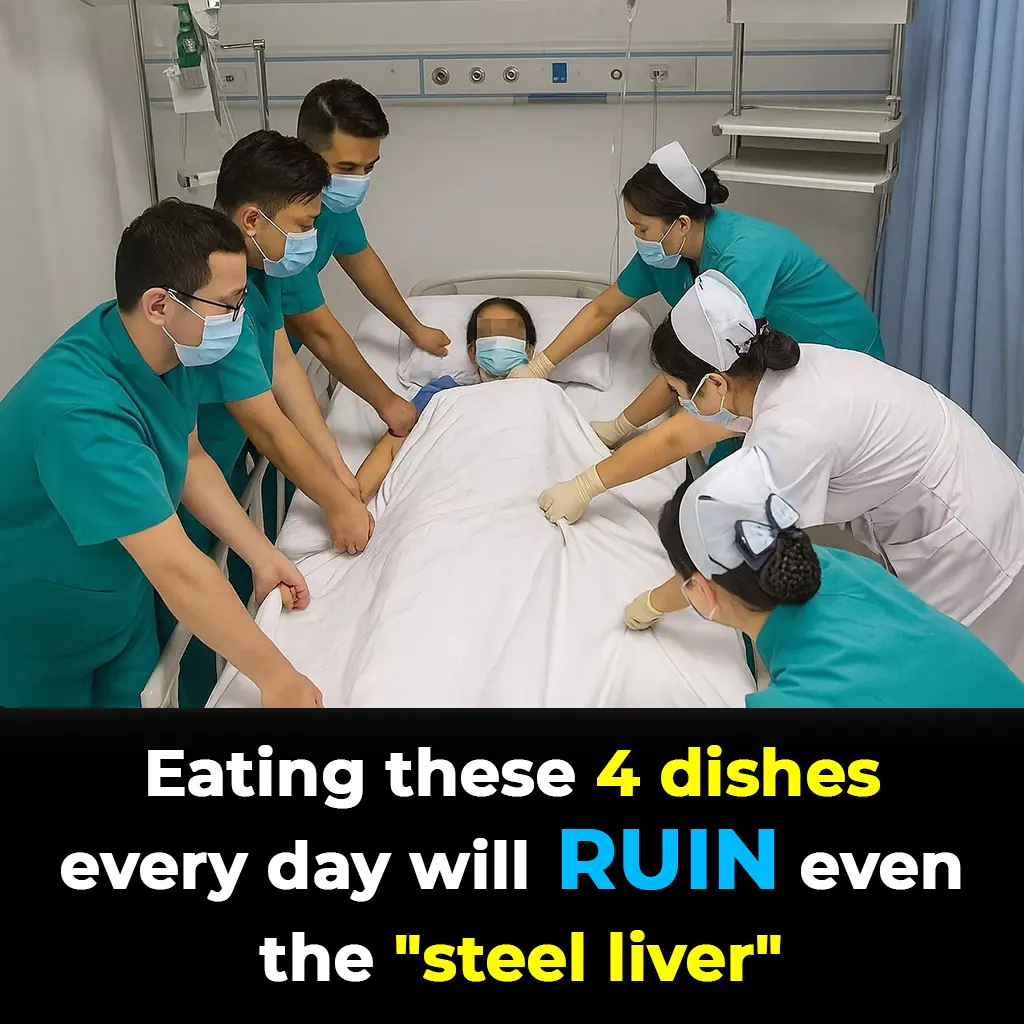
He Never Drank Alcohol but Died of Liver Failure: Doctors Reveal 4 Common Foods That Quietly Destroy the Liver
A man who stayed away from alcohol his entire life shocked his family when he was diagnosed with liver failure and passed away at just 55 years old. Doctors warn that alcohol is not the only enemy of the liver—certain everyday foods can be just as destr

Why You Shouldn’t Be Washing Bath Mats in the Washer

Snakes in Your House
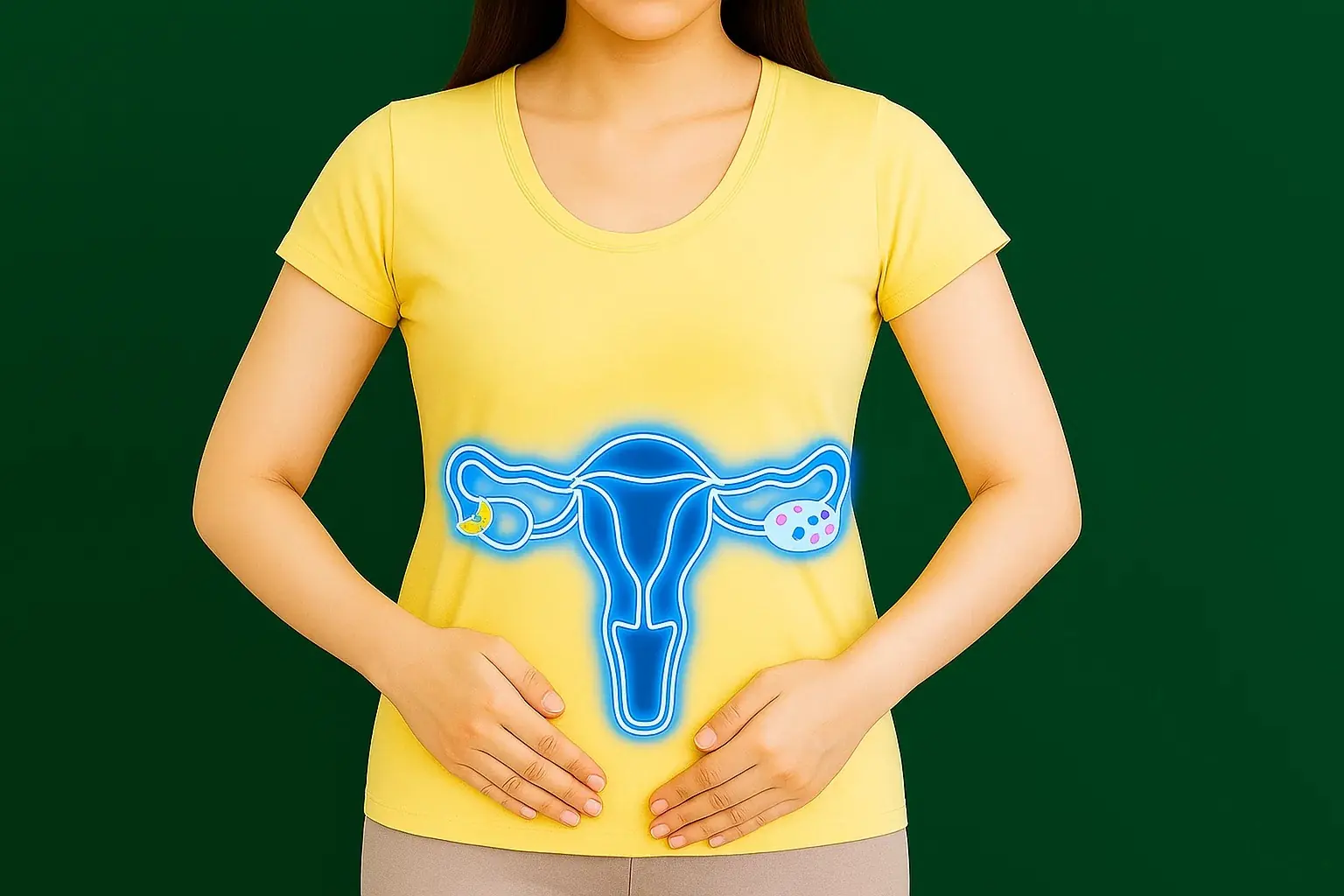
3 Hidden Husband Habits That Could Raise Their Wives’ Cervical Cancer Risk
Husbands may not always realize it, but their daily choices play a huge role in shaping their wives’ long-term health.

Why Is It Not Recommended To Hang Out The Clothes Outside

Sleeping Position With Your Partner
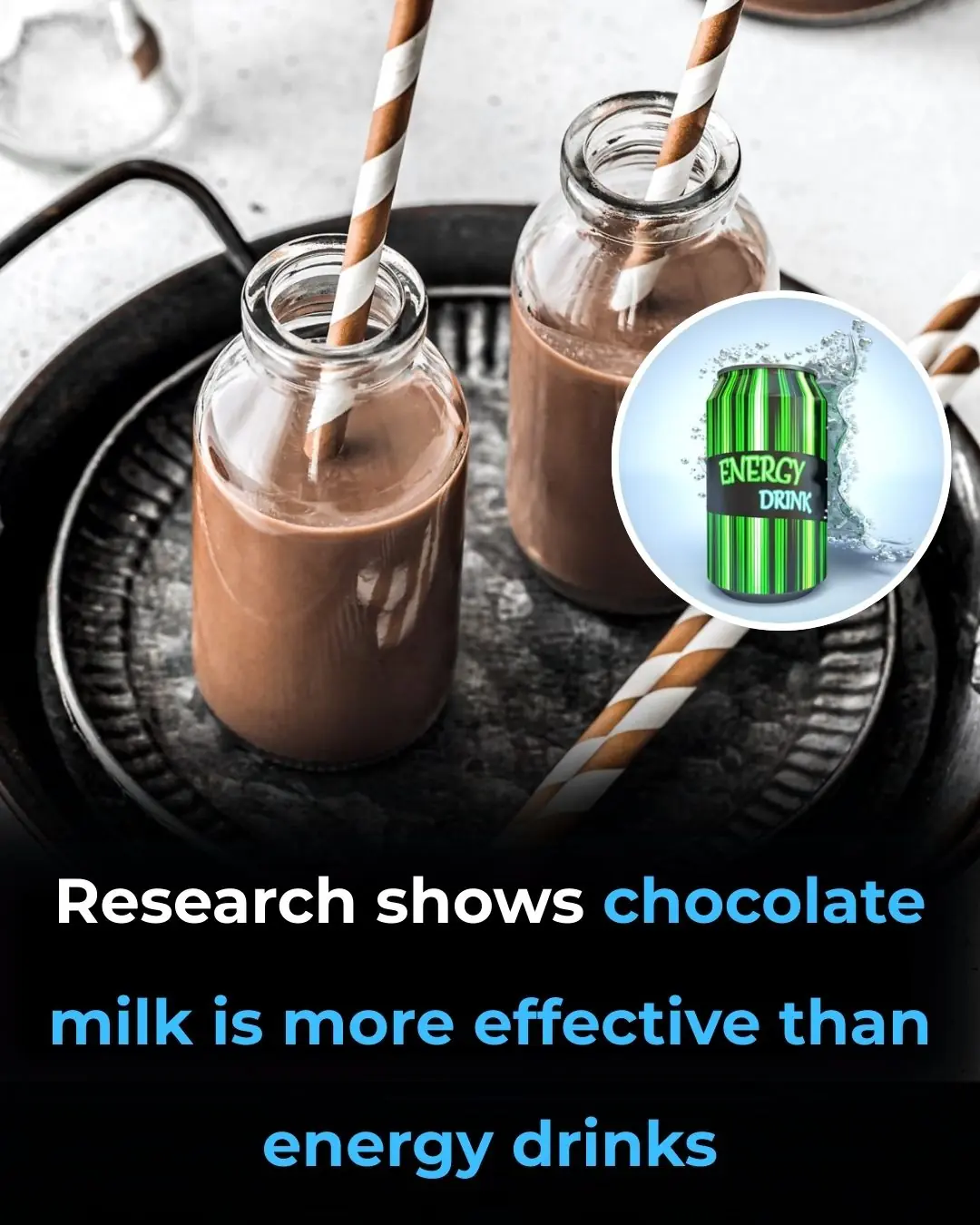
Research Shows Chocolate Milk is More Effective Than Energy Drinks

When Goosebumps May Be a Warning Sign

Effective Methods to Keep Ginger Fresh for Extended Periods

The Truth About Eating the Black Vein in Shrimp Tails
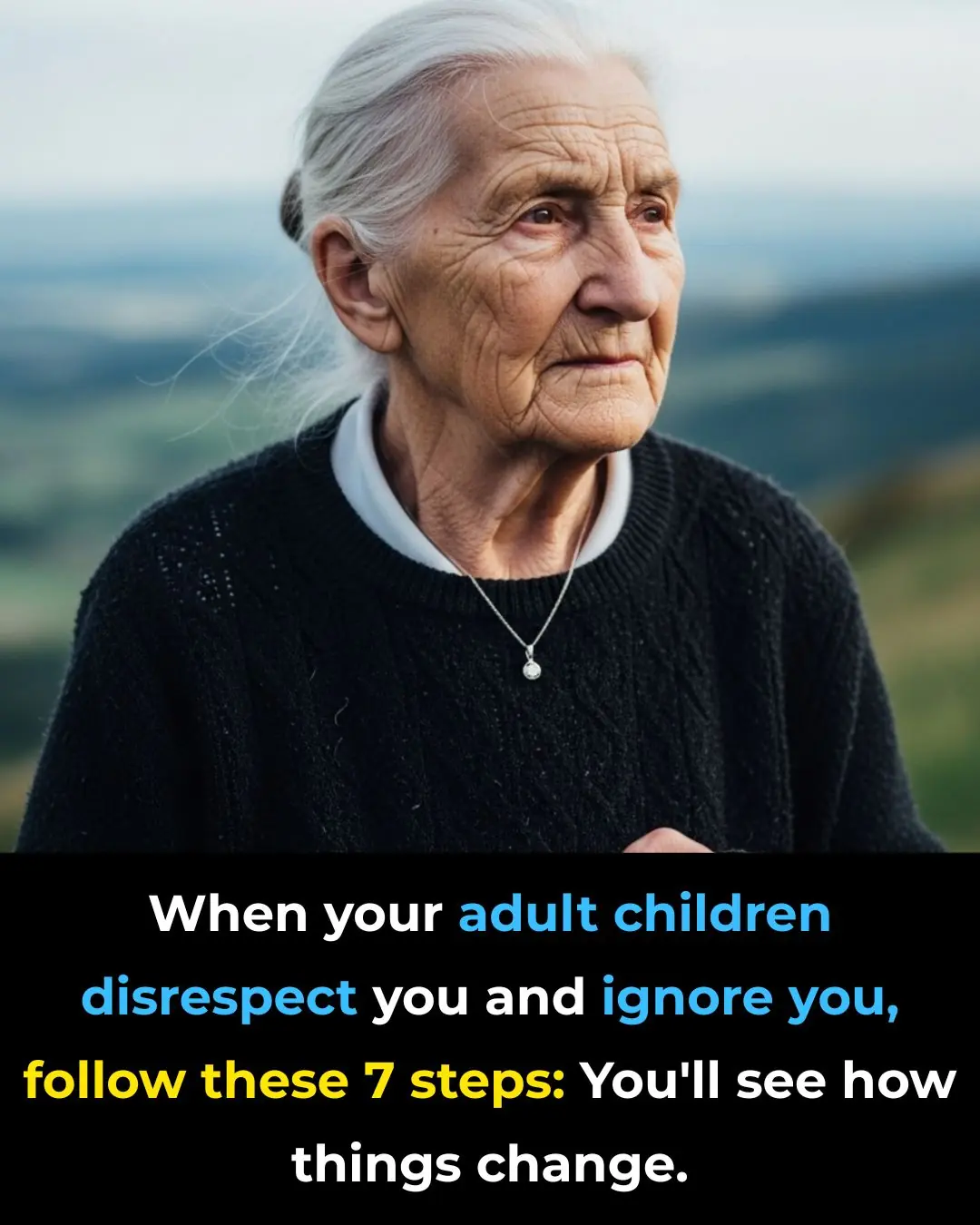
Steps to Take When Your Adult Children No Longer Show Respect
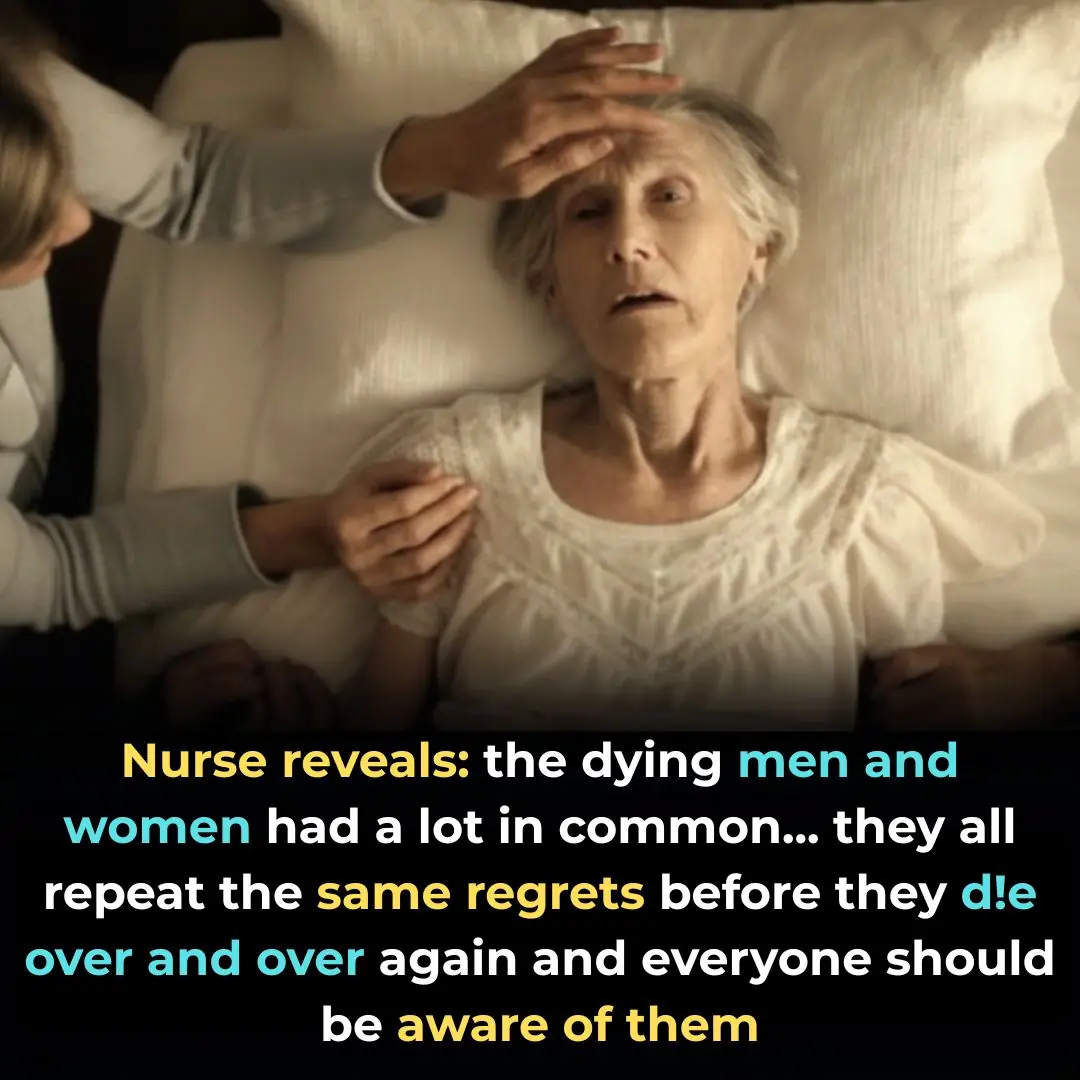
5 Most Common Deathbed Regrets, According to Palliative Care Nurse

Robert F. Kennedy is Reportedly Pushing to Ban All Sodas & Candy From U.S. Food Stamp Benefits. Thoughts?

Donald Trump Asks Supporters To Donate $15 To ‘Get Him To Heaven’

Why Are Mirrors Commonly Installed in Elevators? The Unexpected Benefits of Elevator Mirrors

9 things you should never plug into a power strip

The Spiritual Meaning of Black Butterflies Entering Your Home Revealed
Black butterflies carry meanings that are as complex as they are beautiful.
News Post

10 Warning Signs You’re Eating Too Much Sugar – Many People Ignore #5

Go to the market and see that pork has these 4 characteristics

Clogged Arteries Mean Poor Blood Circulation and Risks of Heart Attacks. Here is How You Can Clean Your Arteries from Plaque

Get Rid of Throat Mucus Faster With These Simple Natural Treatments That Work

Scientists Have Discovered Hidden Brain Patterns That May Predict Your Intelligence

Cactus and little-known medicinal remedies

Put an empty plastic bottle in the washing machine, I admit the person who came up with this trick has a "top notch" IQ

New mRNA Shot Turns Immune Cells Into Cancer-Killers Directly Inside the Body, Study Finds

One Vitamin That Could Transform Your Circulation

Why Cold Showers on Hot Summer Nights May Keep You Awake

Lesser-Known Menopause Symptoms

Signs Your Cortisol Is Dangerously High

Genius Laundry Hack: Why Putting an Empty Plastic Bottle in Your Washing Machine Can Save Time and Hassle
It may sound strange, but dropping a simple empty plastic bottle into your washing machine could completely change the way you do laundry. This clever trick not only prevents clothes from tangling but also improves the overall cleaning process, making you

How long should frozen meat be thrown away? Here's the answer.

Put a Roll of Toilet Paper in the Fridge Overnight: The Unexpected Hack That Saves Families a Fortune
A simple household item can become a powerful money-saving tool if you know how to use it wisely. Believe it or not, placing a single roll of toilet paper inside your refrigerator overnight can help reduce odors, prevent frost buildup, and even cut down y

This is the reason why you should plant aloe vera in your home right away.

Groom-To-Be, 28, Dies of Acute Liver Failure After Eating Chicken: Doctors Urge the Public to Beware of This Hidden Danger
The tragic story of a young man in China who was preparing for his wedding but suddenly died from acute liver failure after food poisoning has shocked the nation. Experts warn that improper food handling and consumption of spoiled or contaminated food can

He Never Drank Alcohol but Died of Liver Failure: Doctors Reveal 4 Common Foods That Quietly Destroy the Liver
A man who stayed away from alcohol his entire life shocked his family when he was diagnosed with liver failure and passed away at just 55 years old. Doctors warn that alcohol is not the only enemy of the liver—certain everyday foods can be just as destr
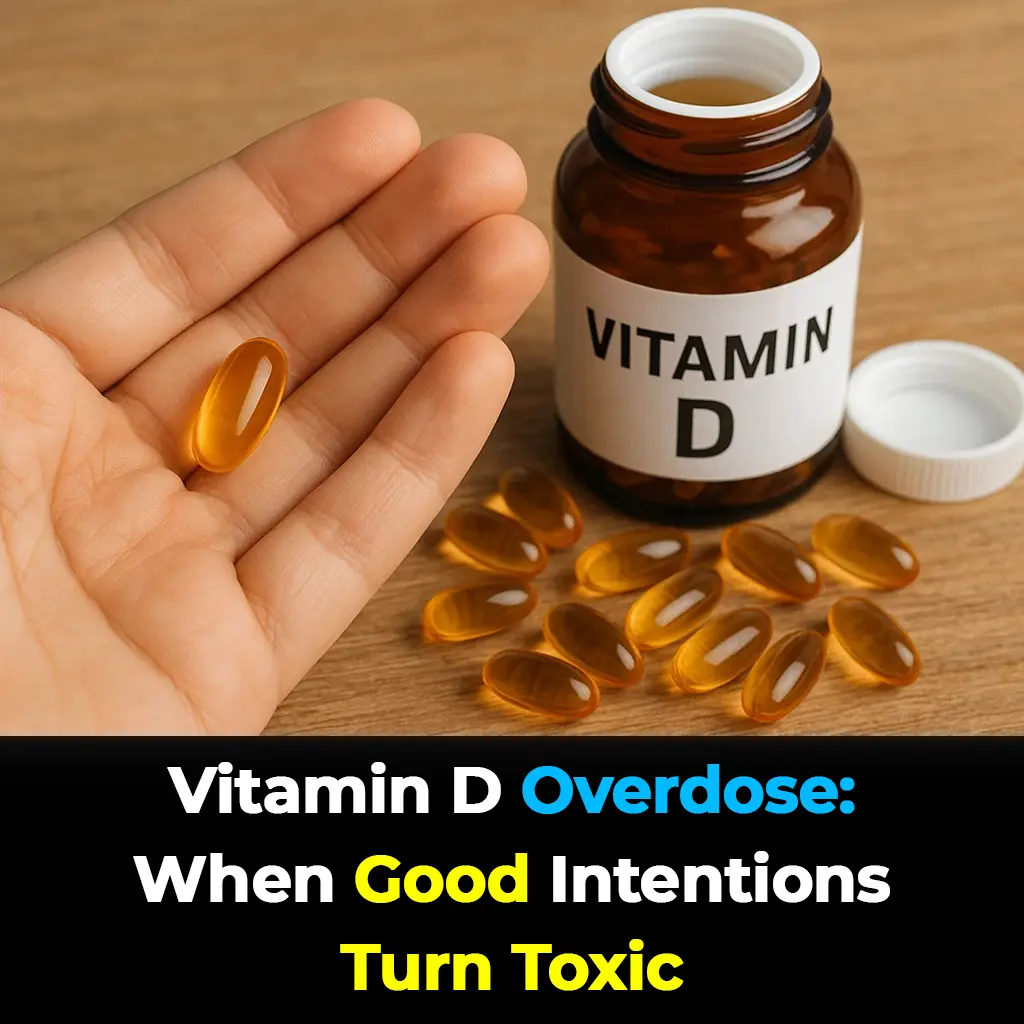
Vitamin D Overdose: When Good Intentions Turn Toxic
Vitamin D is often celebrated as the “sunshine vitamin,” vital for bone strength, immune health, and even protection against certain chronic diseases. But while moderate amounts are essential, excessive or unsupervised intake can be toxic—and in som